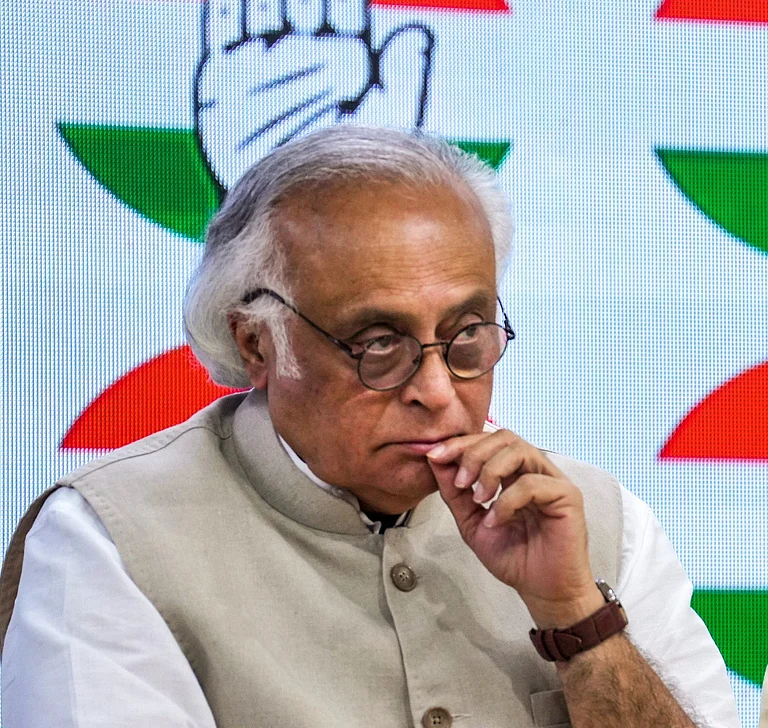
Rajya Sabha passed the Indian Ports Bill, 2025 to modernise laws and boost ease of doing business.
It sets up State Maritime Boards, a development council, and a digital single-window system.
Opposition staged a walkout, while Minister Sonowal accused Congress of neglecting reforms.
On Monday, the Rajya Sabha approved the Indian Ports Bill, 2025, which aims to harmonise port laws, encourage integrated port growth, make doing business easier, and guarantee the best possible use of India's coastline.
The Lok Sabha passed the Indian Ports Bill 2025 on August 12; the opposition loudly protested its introduction in the Upper House on Monday.
Later, opposition MPs called for a walkout to demand a discussion on Bihar's electoral roll amendment.
According to PTI, Union Ports, Shipping, and Waterways Minister Sarbananda Sonowal responded to the Bill discussion by accusing the Congress of ignoring the ministry and claiming that only one new law was introduced in the ten years between 2004 and 2014.
However, he pointed out that in the past 11 years, the NDA government, led by Prime Minister Narendra Modi, had introduced 11 new laws.
Sonowal also enumerated the new laws the Modi administration had introduced pertaining to the ministry.
He claimed that "they (Congress) did not have any legislative reform in their mind," adding that the British statutes, which stretch back more than a century, were out of date and out of step with contemporary standards.
"With this bill, we can only advance the nation if the laws are contemporary, competitive, effective, business-friendly, eco-friendly, and people-friendly," Sonowal stated.
At the very least, Congress and this coalition should "develop a sense of respect to the nation because they are also citizens of the country," Sonowal added, referring to the opposition that had organised a walkout.
They also play a significant role as opposition, the minister stated, adding that opposition always possesses two crucial attributes: "responsibility and responsiveness."
"But in this case, I have seen it. It is missing, very sad," Sonowal said.
PTI reported that the Indian Port Bill 2025, according to the minister, was introduced following extensive talks with all parties involved, as well as with all coastal states and port customers.
"This is the power of reforms. This is through which we are going to make India one of the leading maritime nations in the world," Sonowal asserted.
The minister informed that the Bill is meticulously designed to align with the global best practices.
"In line with our international obligation, the Bill empowers the government to direct ports to establish a maritime single window system enabling seamless electronic data exchange and improving the ease of doing business," the minister said.
According to him, the Bill decriminalises offences, eliminates antiquated clauses in favour of more current and pertinent ones, and increases port tariff transparency.
As he moved the bill for consideration and passage, he stated that, in addition to creating the Maritime State Development Council to promote organised growth and development of the port industry, the bill seeks to create and empower State Maritime Boards for efficient management of ports other than major ports.
Additionally, the Bill addresses the management of pollution, disasters, emergencies, security, safety, navigation, and data at ports; it guarantees adherence to India's commitments under international agreements to which it is a party; it takes action to conserve ports; and it establishes adjudicatory procedures for the resolution of disputes peaboutorts.
It substitutes current and modern regulations for the antiquated portions of the Indian Ports Act, 1908.


























